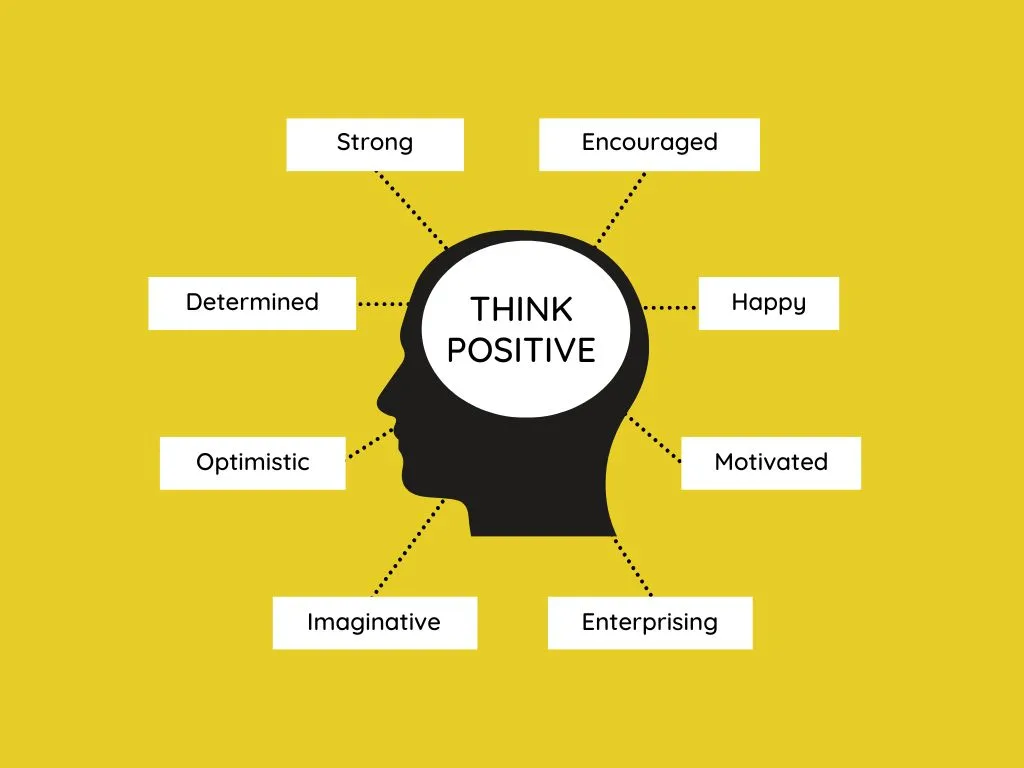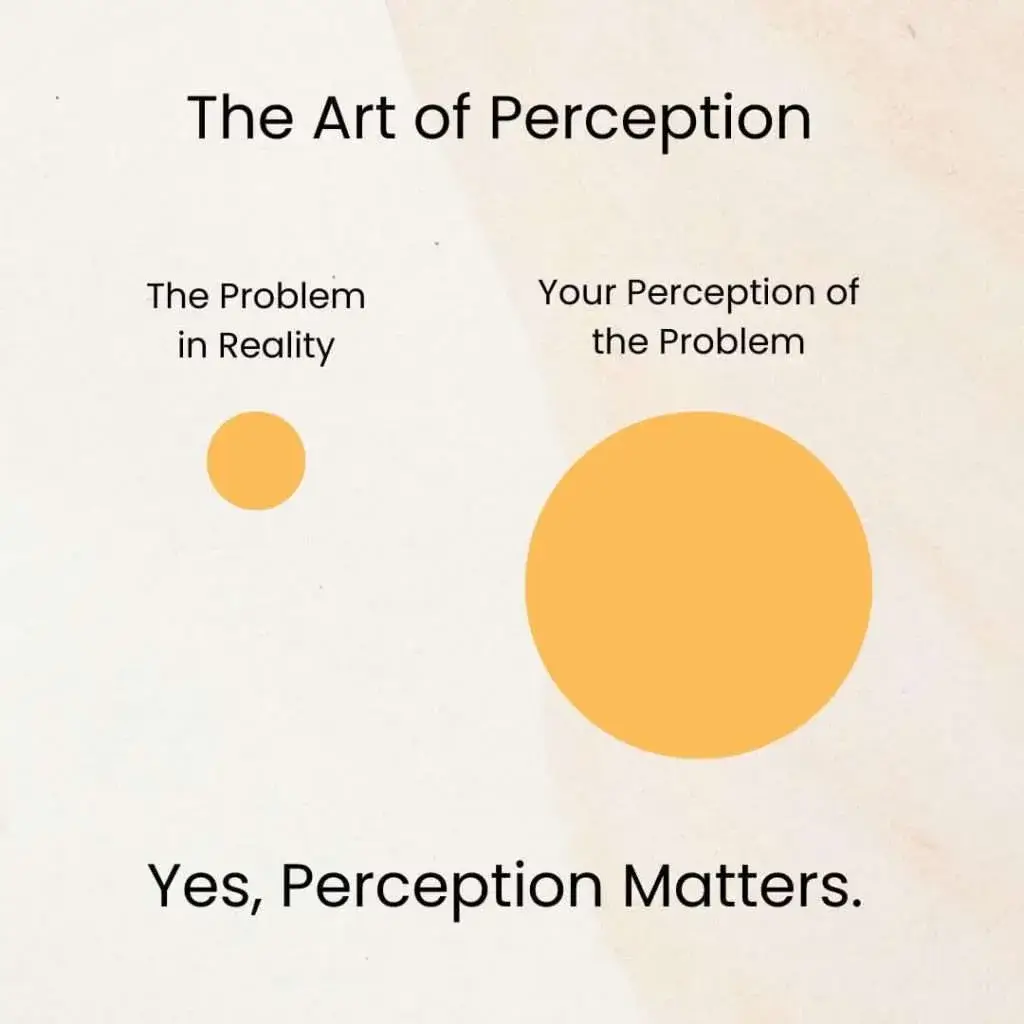
Table of Contents
In a rapidly changing world, the importance of continuous learning cannot be overstated. A practical continuous learning definition is the ongoing, voluntary, and self-motivated pursuit of knowledge for personal and professional development.
This lifelong learning process enables you to adapt to new circumstances, expand your skill set, and improve your personal and professional competence. We will review the benefits of continuous learning in this article and examine how it can be the key to unlocking your full potential in your professional life.
The Changing Landscape of Work
The changing landscape of work is being largely driven by technology. We are seeing a shift away from traditional industries towards a knowledge-based economy, businesses are now able to automate tasks that were once done by humans.
This change has been driven by advances in technology, such as automation, and artificial intelligence. As technology advances and new industries emerge, workers need to keep up and adapt to a new environment.
This means that you must be informed on the latest trends, acquire new skills, and be prepared for whatever comes next. This shift has implications not only for job seekers but also for employers who must find ways to stay competitive in this ever-changing environment.
Benefits of Continuous Learning
Continuous learning is essential for a successful career, now more than ever. It helps you to stay relevant in your field, enhances your skillset, increases job security, boosts earning potential, and expands your knowledge base. It allows you to keep up and be competitive in your industry.
Continuous learning can be achieved through formal education such as taking classes or attending seminars, but it can also be achieved through informal activities such as reading books or articles about your field attending webinars, and taking online courses. You will have a better understanding of the current trends and be better prepared for future challenges by staying informed of the latest developments in your field.
Developing a Growth Mindset
Having a growth mindset is essential for personal and professional success. It involves embracing challenges, cultivating curiosity, and learning from failures and setbacks. It helps you to become more creative, resilient, and successful in your endeavors.
A growth mindset allows you to take risks, try new things, and develop your skills in the face of adversity. By developing a growth mindset, you can learn to think more positively about yourself and your abilities. You can become more open-minded about different perspectives and ideas. This will allow you to grow as an individual and professional.
Breakdown of Strategies for Continuous Learning
- Prioritize Learning Goals
It can be difficult to prioritize your learning goals when there are so many topics to learn about. To ensure you are learning efficiently and absorbing the right information, you must map out a clear strategy that aligns with your learning journey and vision.
- Make Learning a Part of Your Daily Routine
Time management is an important aspect of continuous learning. With so many time constraints in our daily routines, balancing work, personal life, and learning can be difficult. You must set aside the time to learn something new such as developing a new skill set or improving upon your soft skills, schedule regular learning sessions, break larger goals into smaller tasks, and prioritize your learning activities. Continuous learning requires consistency and a new attitude to achieve desired results in the long term.
- Take Advantage of the Internet and Online Resources
The Internet gives you access to a plethora of online resources that can help you achieve your learning goals. Take advantage of these resources to expand your knowledge and stay up to date with the latest trends in your respective fields. You will find online courses on Coursera, and Udemy, tutorials on YouTube, and webinars, there are numerous ways to take advantage of the Internet for continuous learning.
- Collaboration and Mentorship
One of the best ways to ensure that you are continuously learning is by collaborating with others and seeking out mentorship opportunities.
Collaborating with others will help you gain valuable insights into different topics, as well as give you a chance to practice new skills. It allows for more efficient problem-solving and idea generation. Seeking mentorship from experienced professionals in your field will also be beneficial in helping you to develop your skillset and knowledge.
Mentors will provide you with valuable guidance on the best approach to certain tasks and provide insights into their own experiences that will help you make informed decisions. The social media platforms such as Twitter and LinkedIn give you access to experts in their fields who you can connect with and exchange ideas to stay ahead of the curve.
Barriers to Continuous Learning and How to Overcome Them
Continuous learning can be challenging due to various barriers. Here are some common barriers to continuous learning and ways to overcome them:
- Lack of Motivation: Keep yourself motivated by setting clear, achievable goals, tracking your progress, and rewarding yourself for accomplishments. Focus on learning the things that genuinely interest you and consider joining a learning community for support.
- Financial Barriers: Continuous learning doesn’t have to be expensive. There are many free or low-cost resources available online. Some employers offer financial support for professional development, so explore those options if available.
- Fear of Failure: Embrace the idea that failure is a natural part of the learning process. Adopt a growth mindset, focus on incremental improvements, and don’t be too hard on yourself when setbacks occur.
- Information Overload: With so much information available, it can be overwhelming to decide what to learn. Prioritize your learning goals, focus on one topic at a time, and use trusted sources to filter through the information.
- Lack of Support: Seek out like-minded individuals, join online forums, or participate in local meetup groups to build a network of people who share your passion for continuous learning.
- Limited Access to Resources: If you have limited internet access or live in an area with few learning resources, try accessing public libraries, community centers, or educational institutions that may offer free access to materials or workshops.
- Inadequate Learning Environment: Create a dedicated space for learning, free from distractions, and maintain a routine to make learning a regular part of your daily life.
- Skill Gaps: Assess your current skills and knowledge to identify areas for improvement and seek resources to bridge those gaps. Start with the basics and build up your skills progressively.
- Resistance to Change: Embrace the idea that learning is a lifelong journey and that adapting to new ideas, technologies, and methods is essential for personal and professional growth. Stay open-minded and curious and be willing to challenge your beliefs and assumptions.
Continuous Learning Quotes to Motivate You
“Live as if you were to die tomorrow. Learn as if you were to live forever.” – Mahatma Gandhi
“Anyone who stops learning is old, whether at twenty or eighty. Anyone who keeps learning stays young. The greatest thing in life is to keep your mind young.” – Henry Ford
“Develop a passion for learning. If you do, you will never cease to grow.” – Anthony J. D’Angelo
“The capacity to learn is a gift; the ability to learn is a skill; the willingness to learn is a choice.” – Brian Herbert
“Learning is not attained by chance, it must be sought for with ardor and attended to with diligence.” – Abigail Adams
Final Thoughts
In conclusion, continuous learning is crucial for unlocking your full potential and fostering professional growth in today’s rapidly changing landscape of work. By embracing a growth mindset, prioritizing learning goals, and leveraging available resources, you can stay relevant, enhance your skill set, and increase your job security.
Overcoming barriers to continuous learning, such as lack of motivation or financial constraints, is essential to ensure a successful learning journey. By making learning a part of your daily routine, seeking mentorship and collaboration, and taking advantage of online resources, you can adapt to the ever-evolving work environment, stay competitive in your field, and achieve personal and professional success. Please review the SMART goals worksheet that will assist you in your continuous learning journey.
Additional Resources:
- Coursera (Online Courses): Coursera offers a wide range of online courses in various subjects, many of which are free or low-cost, to help you expand your knowledge and skill set.
- edX (Online Courses): Like Coursera, edX offers numerous online courses from top universities and institutions around the world, covering a vast array of subjects.
- TED Talks (Inspirational and Informative Videos): TED is a platform where experts from various fields share their ideas, experiences, and insights in the form of short, engaging talks.
- Harvard Business Review (Articles and Insights on Continuous Learning): HBR provides various articles and resources related to continuous learning, leadership development, and professional growth.
- Lifelong Learning Matters (Blog): This blog focuses on continuous learning, personal development, and growth, offering practical tips and strategies for incorporating learning into your daily life.
FAQ
Continuous learning refers to the ongoing, voluntary, and self-motivated pursuit of knowledge for personal and professional development. It enables you to adapt to new circumstances, expand your skill set, and improve your personal and professional competence.
The work landscape is rapidly changing, largely driven by AI technology. As technology advances and new industries emerge, it’s essential for workers to keep up and adapt to a new work environment. Continuous learning allows you to stay informed on the latest trends, acquire new skills, and be prepared for whatever comes next.
Continuous learning helps you to stay relevant in your field, enhances your skillset, increases job security, boosts earning potential, and expands your knowledge base. It allows you to keep up and be competitive in your industry.
A growth mindset involves embracing challenges, cultivating curiosity, and learning from failures and setbacks. It helps you to become more creative, resilient, and successful in your endeavors. A growth mindset allows you to take risks, try new things, and develop your skills in the face of adversity.
Some strategies for continuous learning include prioritizing learning goals, making learning a part of your daily routine, taking advantage of online resources, and seeking collaboration and mentorship.
Some common barriers to continuous learning include lack of motivation, financial constraints, fear of failure, information overload, lack of support, limited access to resources, inadequate learning environment, skill gaps, and resistance to change. These can be overcome by setting clear goals, focusing on interests, seeking support, using free or low-cost resources, embracing failure as part of the learning process, prioritizing learning goals, seeking out like-minded individuals, accessing public resources, creating a dedicated learning space, assessing current skills and knowledge, and staying open-minded and curious.
There are numerous resources available for continuous learning, including online courses on platforms like Coursera and edX, tutorials on YouTube, webinars, articles and insights on platforms like Harvard Business Review, and blogs like Lifelong Learning Matters.

